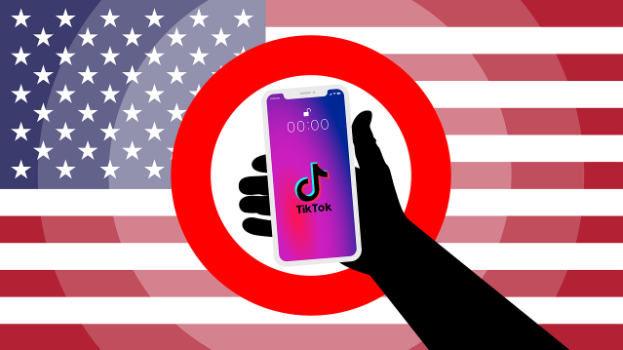Biden Signs TikTok Ban Bill Into Law

President Biden has passed a bill that forces TikTok to divest from its parent company ByteDance or face a ban. The Senate passed the bill on Tuesday, 24 April 2024, then President Biden signed the bill into law just a day later on Wednesday, April 25, 2024.
The bill was included within a high-priority foreign aid package, effectively forcing the Senate to take up the TikTok issue earlier than they may have otherwise. It enjoyed strong bipartisan support, with the votes split 79–18 in favor of it.
After also getting Biden’s signature, ByteDance will have 9 months to secure its sale of TikTok. However, there’s a built-in clause for ByteDance to request a 3-month extension if they’re close to a deal. Failing that, the social platform will face an effective ban within the US.
Previously, the House attempted to pass the bill twice. Although it enjoyed strong support both times, the first attempt stalled due to a lack of commitment by key Senate leaders. By including it within a high-priority foreign aid package, lawmakers managed to fast-track its adoption.
Although the bill is now effectively in effect, it’s not necessarily the end of the back-and-forth trajectory of this saga. There is still the possibility of legal challenges delaying or even preventing it from being enforced. TikTok had previously signaled its intent to fight the bill with all legal means available to it.
The driving force behind the bill is lawmakers’ fear that TikTok might share American users’ data with the Chinese government. Both TikTok and ByteDance strongly refute these allegations. This comes amid growing concerns regarding the influence of Chinese technology companies on US soil. The fear is exacerbated further by continued coordinated cyberattacks from China on US government agencies.
Detractors argue that the bill will infringe on free speech, access to information, and individual agency. However, considering its strong bipartisan support in both Chambers and Biden’s approval, it’s unlikely that we’ll see any serious challenges to it from the US side.



Please, comment on how to improve this article. Your feedback matters!